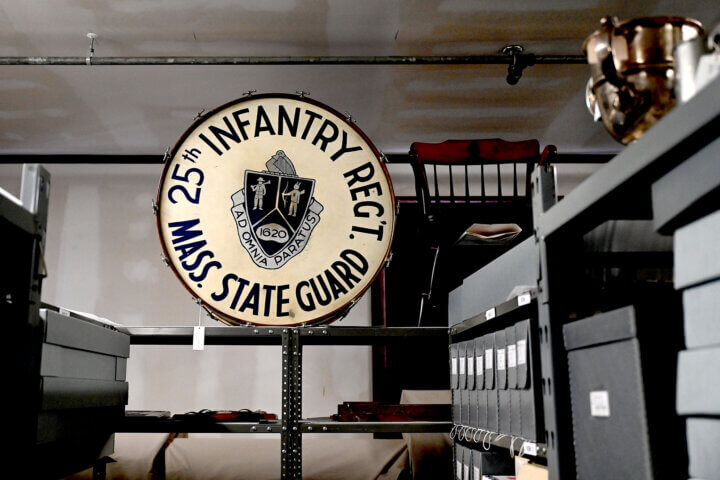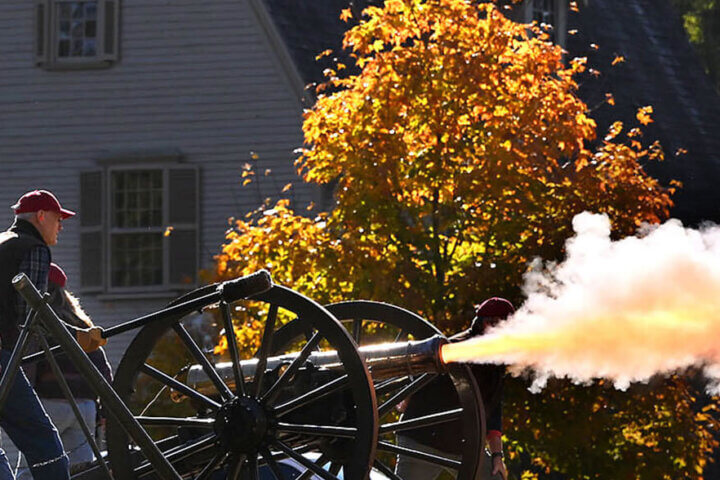Concord’s plans for commemorating the 250th anniversary of the American Revolution will soon be revolving around a new leader: Henry Dane says he’s stepping back as head of the 2025 Executive Committee as of September 30.
Dane said as the final stretch of prep for the anniversary ramps up, it will collide with his work as chairman of the Select Board on the Fiscal Year 2025 budget, April 2024’s Town Meeting and other “substantial issues that will affect the character and environment of the town for many years to come.”
Therefore, he says, it’s “necessary for the Executive Committee to take on new leadership and to consider some structural changes necessary to its continuing effectiveness.”
The committee exists to help plan the 250th commemoration of the Battle of Concord “and other historical events related to the founding of our country.” Its leadership includes representatives of the town government, public schools, and business, arts and cultural communities, and the effort is supported by a growing legion of volunteers.
Since the committee’s inception in May 2022, it’s met near-weekly “and accomplished a great deal in a short time,” Dane said in a written statement. He added that its work thus far has been done “with no paid staff and virtually no expense to the town.”
That could change: In an interview, Dane said that as planning for the commemoration becomes more concrete and technical, it’s possible a paid supervisor might be needed. He also believes the committee may need restructuring or streamlining, since a committee with 12 members “is a little bit unwieldy for making executive decisions.”
Dane also said the town is speaking with its legislative delegation soon to discuss additional state funding to handle the event, which could draw upwards of 100,000 people. More than that attended 1975’s bicentennial, including then-President Gerald R. Ford. Some 50,000 people — including then-President Ulysses S. Grant — flocked to town for the 1875 commemoration.
What took place at North Bridge on April 19, 1775 “changed the course of history, and as custodians of the place where they took place, it is essential to recognize that their significance goes far beyond the issues of the day and our ‘six myles of land square,’” Dane wrote.






